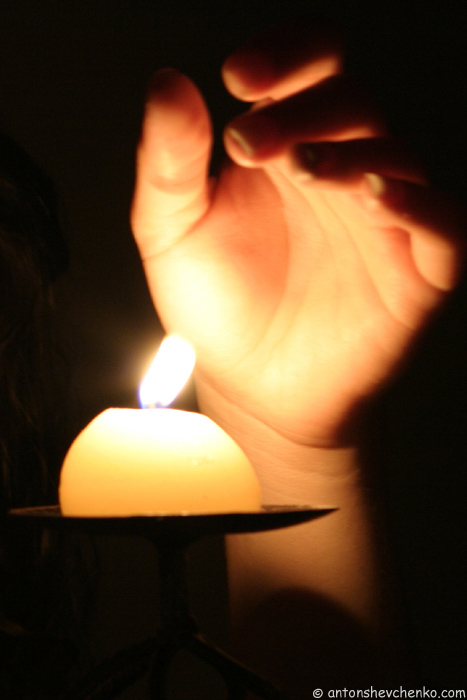Poking around the internet, I ran across two interesting articles that seemed to be linked only by offhand comments about the legitimacy or ‘realness’ of certain kinds of suffering. First, from a Mother Jones piece on PTSD:
Whatever is happening to Caleb, it’s as old as war itself. The ancient historian Herodotus told of Greeks being honorably dismissed for being “out of heart” and “unwilling to encounter danger.” Civil War doctors, who couldn’t think of any other thing that might be unpleasant about fighting the Civil War but homesickness, diagnosed thousands with “nostalgia.” Later, it was deemed “irritable heart.” In World War I it was called “shell shock.” In World War II, “battle fatigue.” It wasn’t an official diagnosis until 1980, when Post Traumatic Stress Disorder made its debut in psychiatry’s Diagnostic and Statistical Manual of Mental Disorders, uniting a flood of Vietnam vets suffering persistent psych issues with traumatized civilians—previously assigned labels like “accident neurosis” and “post-rape syndrome”—onto the same page of the DSM-III.
But whatever people have called it, they haven’t been likely to grasp or respect it. In 1943, when Lt. General George S. Patton met an American soldier at an Italian hospital recovering from “nerves,” Patton slapped him and called him a coward. In 2006, the British Ministry of Defence pardoned some 300 soldiers who had been executed for cowardice and desertion during World War I, having concluded that many were probably just crippled by PTSD.
And then from an Esquire article on injuries in the NFL:
“Injury has not been part of my career,” he said. “I’ve only gotten hurt twice. I got hurt once in college and once in the pros.”
Right, but that second injury, against the Steelers…
“No. I mean now. The MCL.”
“So you don’t consider the concussion an injury?”
“That’s what they consider it. But getting a concussion and hurting your knee are two different things. You get back up from a concussion.”
Willis McGahee was knocked out cold against the Steelers. He went out on the board. He didn’t consider himself injured, though, because like all NFL players he considers himself an expert in what qualifies as an injury and what doesn’t. The loss of consciousness he suffered in Pittsburgh didn’t qualify because it didn’t require rehabilitation. It didn’t put his career in jeopardy. It didn’t exile him from his teammates.
And most of all, it didn’t hurt.
Both of these articles seem to touch on the legitimacy of different kinds of pain. Normally, we talk about building up strength as though we were developing callouses. We need to be able to beat the pain, or, if that’s not possible, then it’s time for protective gear to shield ourselves off.
But, when I read the PTSD article, I almost screamed at my computer. What kind of humans would we be if we didn’t recoil at killing? We talk about training away a flinch as though it will make us more resilient, but we’re not necessarily learning how to bounce back; we’re shape shifting.
Deciding how to process pain means deciding what constitutes harm. The football player in the Esquire story would be better served if concussions were as sharply aversive as touching a hot stove. The soldiers might be better off where the pain of causing harm to another person was judged by society to be as devastating as having a leg blown off. The trouble is that we’re not sensitive to everything that we’re susceptible to.













